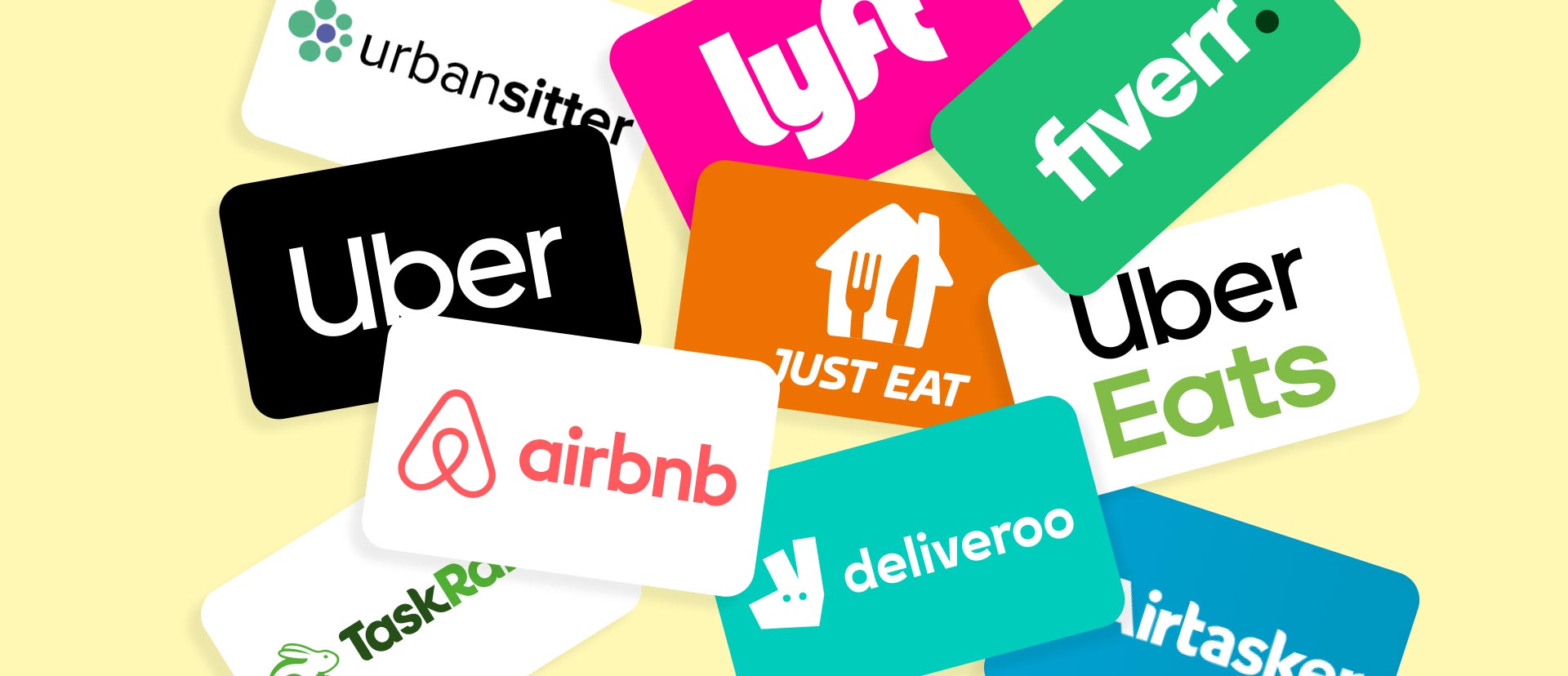In recent years, the gig economy has exploded in popularity, especially among young people and those otherwise seeking employment. Many people rely on it as a supplement to their primary income.
See Also: Time Management Strategies for Career Advancing
It has also expanded thanks to advances in the widespread use of enabling technology. While the concept has broad support in established democracies, increasing numbers of people in developing countries are now warming to it.
For many people, the gig has been a lifeline since COVID-19 by providing much-needed financial support during periods of unemployment.
The enormous expansion of the “gig economy” can be explained by the advantages it provides to both businesses and workers. Employers can take advantage of a low cost of labor, while workers benefit from the freedom to select their own work, set their own hours, and answer solely to themselves.
However, the model’s viability is doubtful in the long run. Given the obstacles it faces, joining the global economy is unlikely. The primary arguments against the gig economy are:
Gig Economy & Labor exploitation
Workers in the “gig economy” do not receive the same benefits as full-time employees. As a result, there are no fringe benefits such as a pension, paid vacation, or health insurance. The corporation is able to complete its tasks without having to pay its employees more. It can pay the worker much less than it would have to pay an equivalent full-time employee.
Stability in one’s employment
Gig workers are hired on a short-term, as-needed basis. There is no promise of steady employment or guarantee of frequent hiring. Workers are under constant pressure to seek out new projects and jobs in order to maintain a steady income.
Concerning Payment
The issue of not being paid on time or at all is a major problem for many gig workers. Many of them have poorly defined compensation arrangements that leave them vulnerable to abuse by their employers.
Rules and regulations
A number of nations currently lack a comprehensive regulatory structure to ensure the safety of gig workers. Businesses lack clear guidelines to follow. In some sectors, dangerous jobs are given to freelancers to avoid the high cost of health and death benefits for full-time employees.
Feelings in a Gig Economy
Workers in the gig economy require self-control and perseverance more than ever. Due to the precarious nature of temporary work, it can be nerve-wracking not knowing what the future holds. Working alone or from afar can often be isolating and depressing. A disorganized mind leads to sloppy work, and a lack of organizational assistance can have the same effect.
In a nutshell, the gig economy is perfect for young professionals who are on the cusp of settling on a career path and have the financial flexibility to try out a variety of different work arrangements.
Gig economy work is growing over the world. But both businesses and governments need to establish rules and regulations for the gig economy to survive in the long run. Rules mandating social security protections for contractors are necessary. Medical insurance, a secure workplace, a clear compensation plan, and a guaranteed job even for a short time can alleviate a lot of the anxiety that comes with temporary work. This business model can only last and expand if gig economy workers’ rights are guaranteed.



















